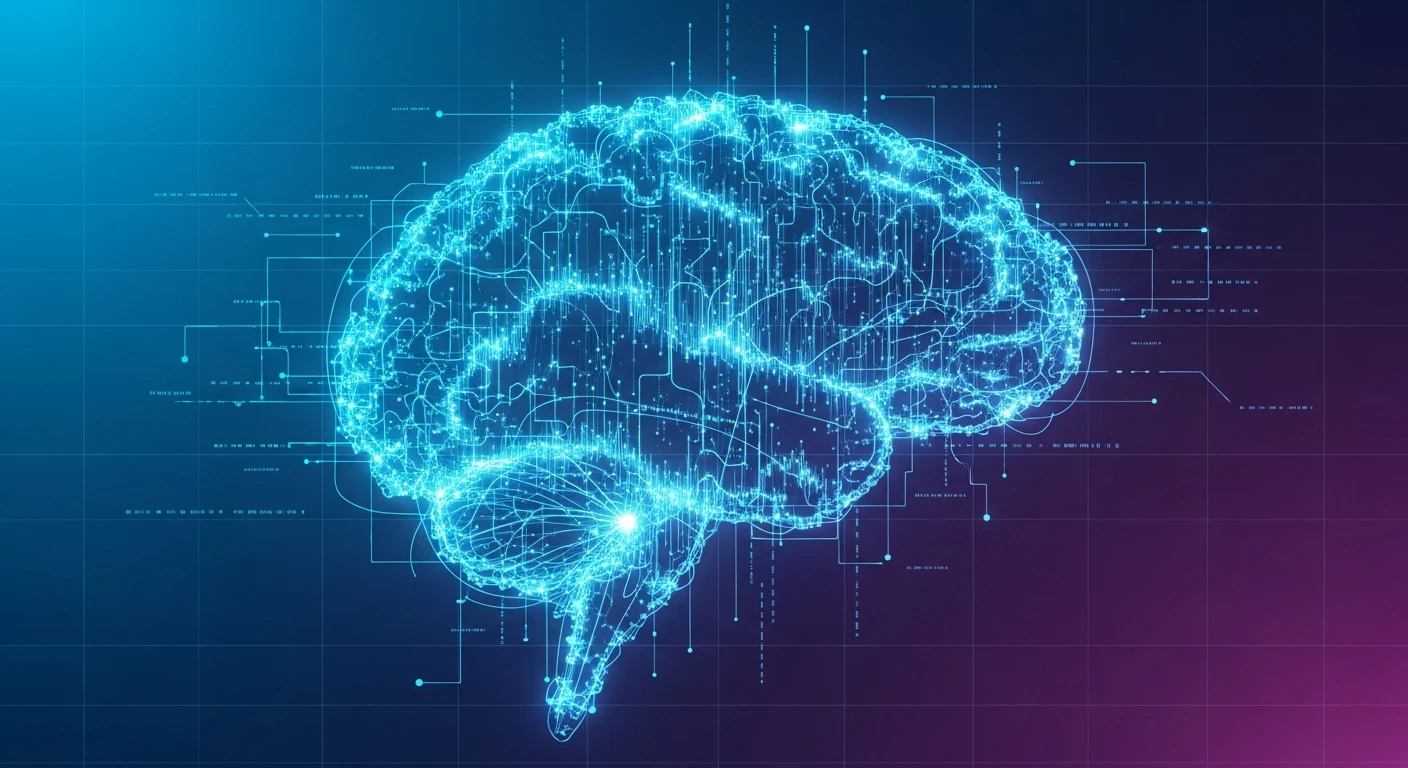500+
Degree Programs Ranked
Across 14 tech fields
15
States Covered
Regional salary & job data
$120K
Avg Tech Salary
BLS 2024 median
25%
Job Growth
Through 2032
Degree Programs & Rankings
Data-driven rankings for 14 technology degree programs across 15 states. We analyze IPEDS enrollment data, graduation rates, tuition costs, and salary outcomes to help you choose the right program for your goals and budget.
Explore by Program
The foundational tech degree
ML & neural networks
Analytics & statistics
Security & ethical hacking
Product development
AWS, Azure, GCP
IT systems & support
Hardware & software
Source: Bureau of Labor Statistics 2024
Popular Rankings & Guides
Programs by State
California
Texas
New York
Florida
Washington
Massachusetts
More State Guides
Tech Careers & Salaries
Comprehensive salary intelligence and career roadmaps powered by BLS data and industry surveys. From entry-level to staff engineer, understand what you can earn and how to get there.
Career Paths
Software Engineer
SOC 15-1252Design, develop, and maintain software systems
AI/ML Engineer
SOC 15-2051Build machine learning models and AI systems
Data Scientist
SOC 15-2051Analyze complex data to drive business decisions
DevOps Engineer
SOC 15-1244Automate infrastructure and deployment pipelines
Cybersecurity Analyst
SOC 15-1212Protect systems and data from cyber threats
Career Development Guides
Level up your career
Big tech interview prep
Senior IC track
Choose your path
Maximize compensation
Work from anywhere
Current outlook
AI & Technology Insights
Deep technical analysis of AI systems, search technology, and computing innovations. Written by engineers who build these systems, for engineers who want to understand them.
- 1.AI Agents: Autonomous systems that can plan, reason, and execute complex tasks
- 2.RAG Systems: Retrieval-augmented generation for grounding LLMs in real data
- 3.Embeddings: How machines represent meaning as vectors for semantic search
- 4.Context Windows: Why token limits matter for AI application design
- 5.Semantic Search: Understanding meaning beyond keyword matching
Technical Deep Dives
Autonomous AI systems
Retrieval-augmented generation
Vector representations
Beyond keywords
Token limits & design
NVIDIA vs AMD vs custom
From Hakia to ChatGPT
Browse all articles
Engineering & Development
System design patterns, cloud architecture, and modern development practices. Practical guides for building production-ready software at scale.
| Feature | AWS | Azure | GCP |
|---|---|---|---|
| Market Share | 32% | 23% | 10% |
| Enterprise Focus | Strong | Strongest | Growing |
| AI/ML Services | Comprehensive | Strong | Leading |
| Pricing Model | Complex | Complex | Simpler |
Source: Synergy Research 2024
Engineering Guides
Scalable architecture
Best practices
AWS vs Azure vs GCP
SQL vs NoSQL
Deployment automation
Containerization
Container orchestration
Browse all guides
Skills & Certifications
Certification roadmaps, bootcamp ROI analysis, and learning paths. Build the skills employers actually hire for.
Cloud Certification Paths
AWS Certifications
Start with Cloud Practitioner, then Solutions Architect Associate. Most in-demand cloud credential.
Azure Certifications
Begin with AZ-900 Fundamentals, progress to AZ-104 Administrator. Strong enterprise demand.
Google Cloud
Cloud Digital Leader for beginners, then Professional Cloud Architect. Growing fast.
Multi-Cloud Strategy
Consider certifications across multiple platforms for maximum flexibility.
Skills Guides
Complete roadmap
Microsoft cloud
Google Cloud paths
Which are worth it
ROI comparison
Get hired faster
Best resources
Browse all guides
Student Resources
Financial aid guidance, scholarship databases, and practical tools for students pursuing technology degrees.
Source: College Board 2024
Student Tools & Guides
Calculate degree value
Financial aid 101
Comprehensive list
Dedicated scholarships
Land your first role
Decision framework
Community college path
Browse all
Tech News & Analysis
Timely coverage of technology trends, industry shifts, and developments shaping the tech landscape. Analysis beyond the headlines.
Latest Coverage
About Hakia.com
Hakia.com was originally home to one of the pioneering semantic search engines, launched in 2004. That company developed natural language understanding technology years ahead of its time. Today, this domain hosts a technology intelligence platform covering AI, software engineering, careers, and education.
Explore the history of semantic search to understand how early innovations led to today's AI-powered search systems.
Frequently Asked Questions
Start Your Tech Journey
Explore degree rankings, career guides, and technical insights to advance your technology career.
